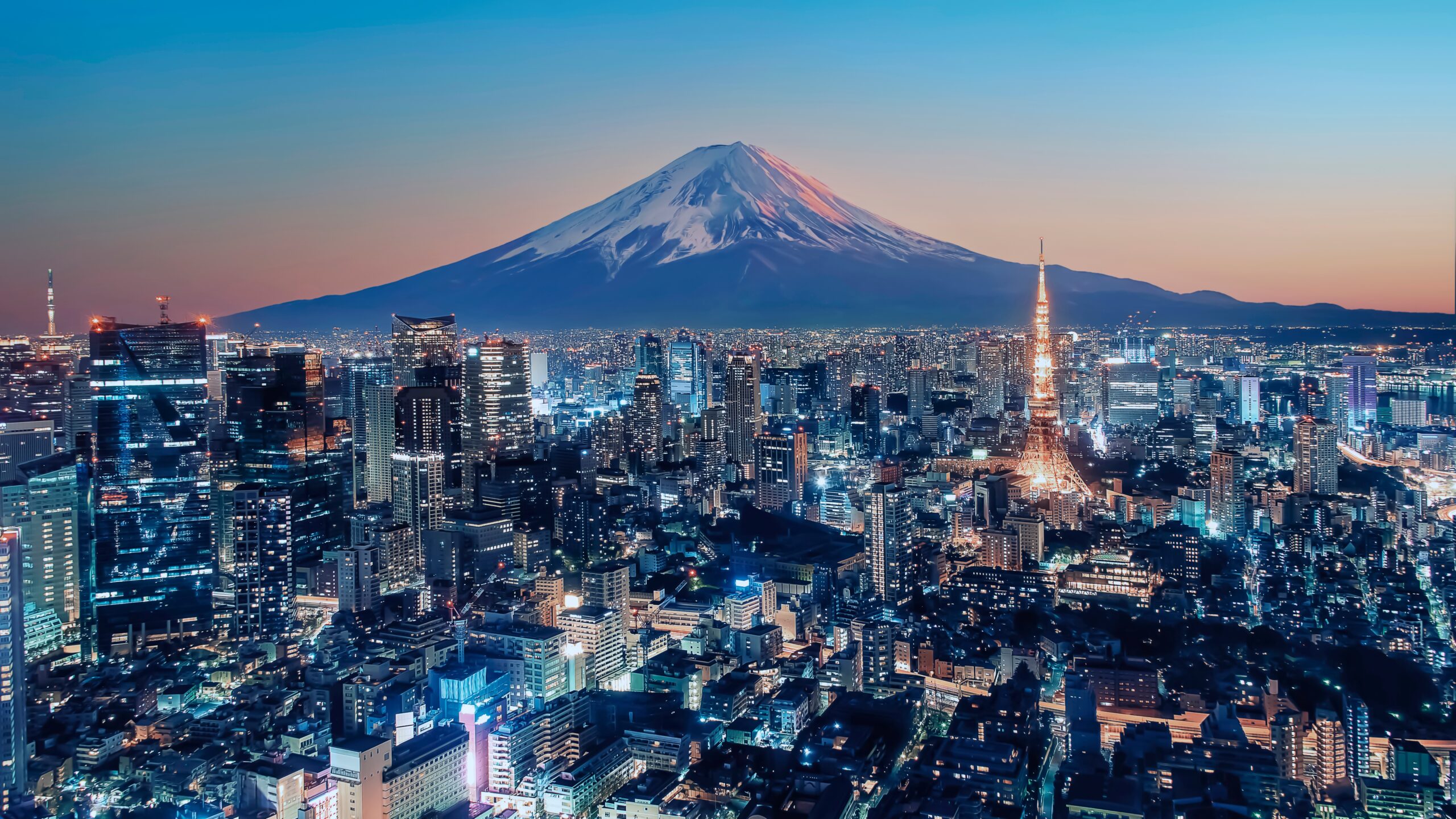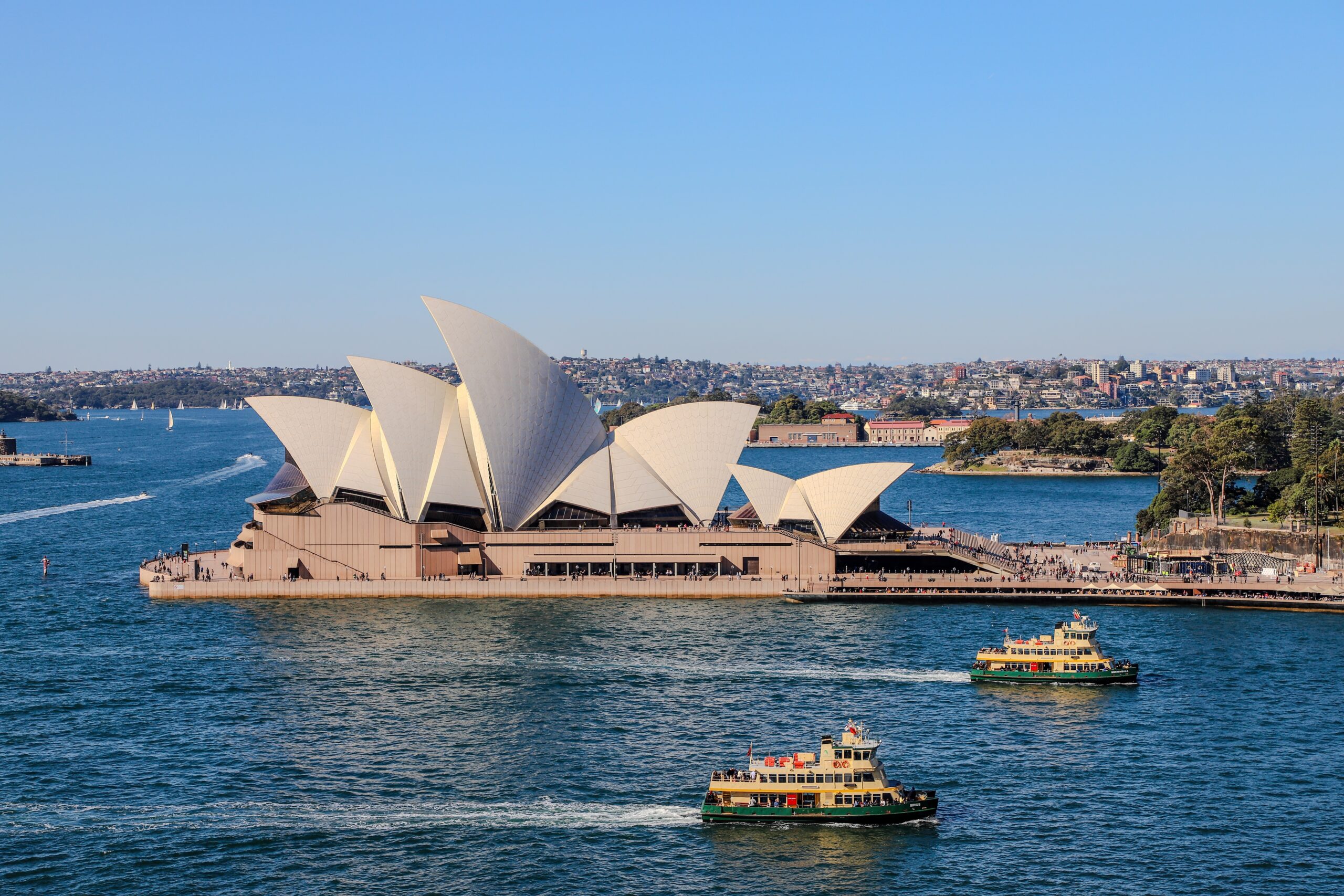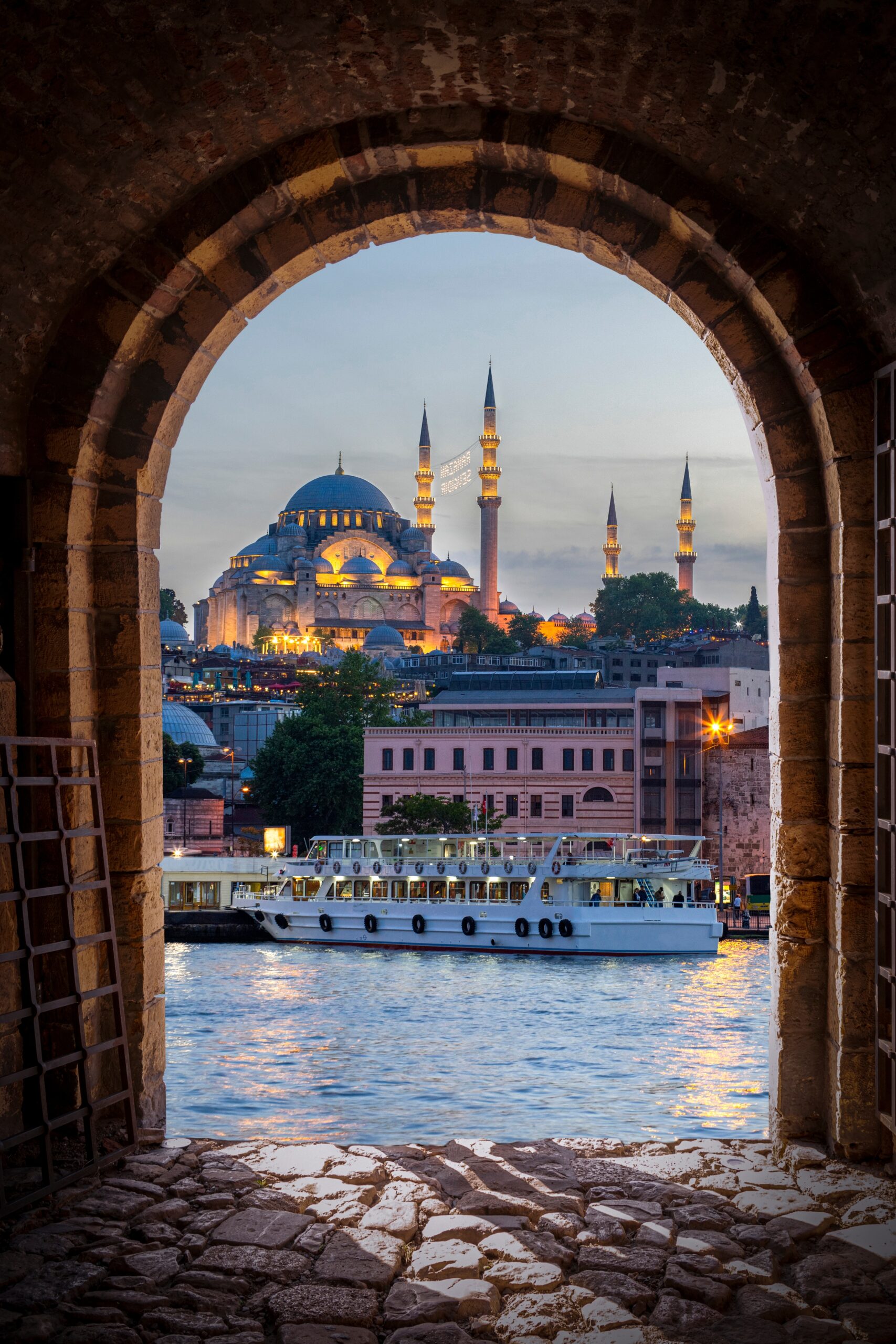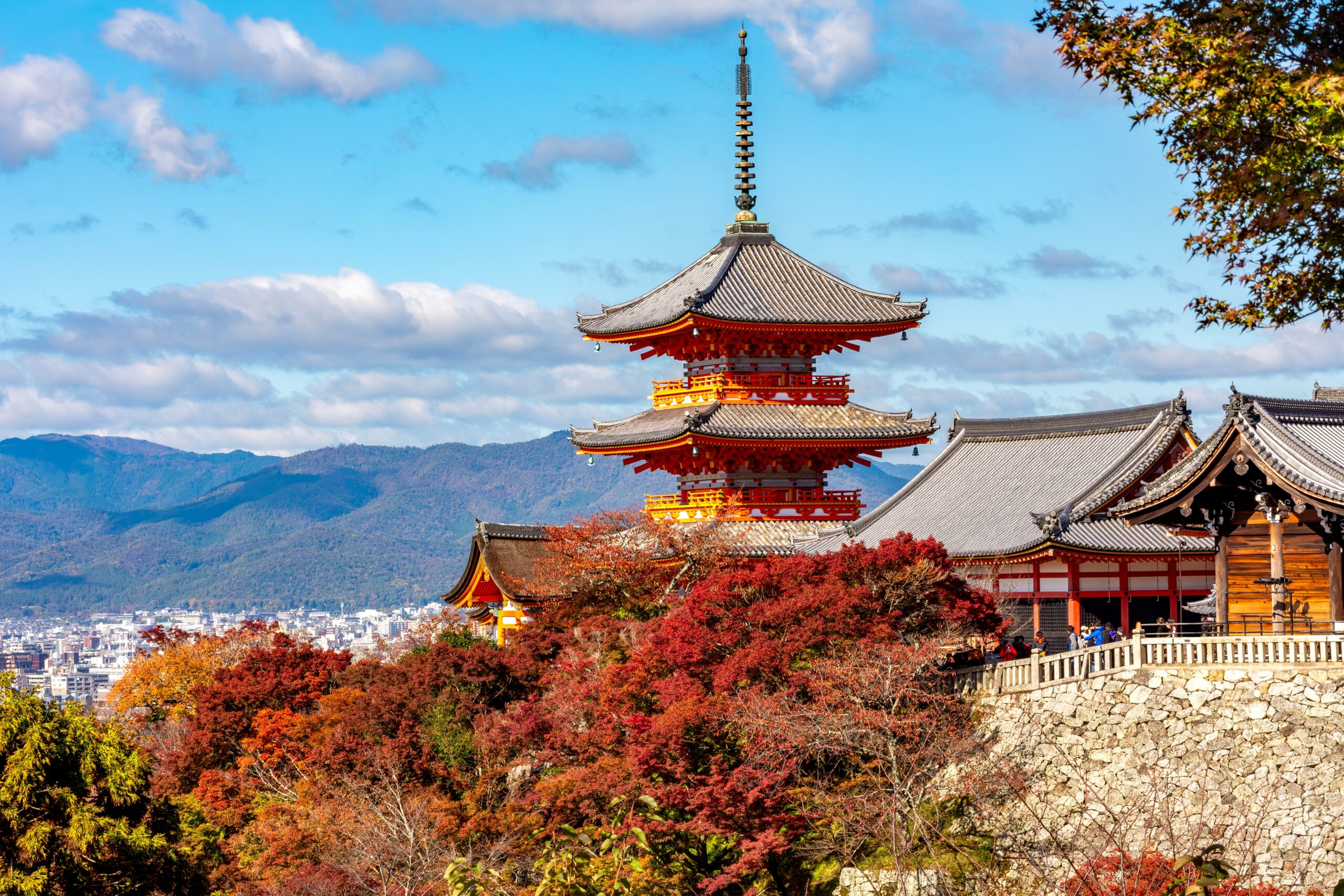Kyoto, the former imperial capital of Japan, is a city where nature and tradition move in perfect harmony. From cherry blossoms in spring to fiery maple leaves in autumn, each season paints Kyoto in a new light. This article takes you through Kyoto’s seasonal transformations, the best times to visit, and what makes each part of the year uniquely magical.
Outline
- Introduction: The Poetry of Seasons in Kyoto
- Spring: Cherry Blossoms and New Beginnings
- Summer: Festivals, Fireflies, and Green Serenity
- Autumn: Fiery Foliage and Tranquil Temples
- Winter: Quiet Temples and Snow-Dusted Beauty
- Best Seasonal Foods in Kyoto
- Cultural Events and Seasonal Highlights
- When Should You Visit? Choosing Your Kyoto
- Final Thoughts: Kyoto’s Ever-Changing Spirit
Introduction: The Poetry of Seasons in Kyoto
In Kyoto, nature isn’t just a backdrop — it’s a central character in the city’s culture, cuisine, festivals, and even architecture. Locals embrace “shun” (旬) — the celebration of things at their seasonal peak — from food to flowers.
Whether you’re walking through bamboo groves or sitting in a Zen garden, the rhythm of nature pulses through every street and shrine.
Spring: Cherry Blossoms and New Beginnings
Spring (March to May) is arguably Kyoto’s most iconic season. The city becomes a blush-pink wonderland of cherry blossoms (sakura), drawing locals and tourists alike to picnic under the petals — a practice known as hanami.
| Highlight | Why It’s Magical |
|---|---|
| Maruyama Park | Lantern-lit cherry trees and local food stalls |
| Philosopher’s Path | Petal-covered walk along a peaceful canal |
| Kiyomizu-dera | Sakura views from a hilltop temple platform |
Tip: Book accommodation early — this is Kyoto’s busiest season!
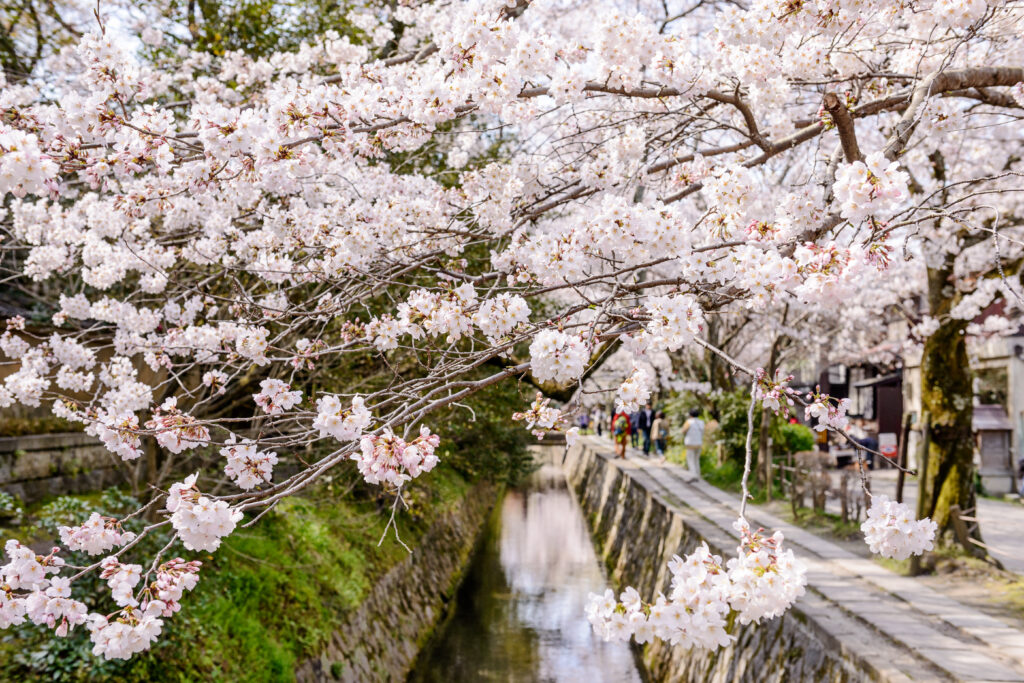
Summer: Festivals, Fireflies, and Green Serenity
Summer in Kyoto (June to August) brings heat, humidity — and a powerful cultural energy.
Top Experiences:
- Gion Matsuri (July): One of Japan’s biggest festivals, with ornate floats and street food
- Kawayuka Dining: Eat on river platforms over cool mountain streams
- Fireflies at Shirakawa Canal: Magical and romantic
| Month | What to Expect |
|---|---|
| June | Lush gardens, hydrangea blooms, start of rainy season |
| July | Peak festival time, hot and lively |
| August | Firework displays and traditional Obon dances |
Autumn: Fiery Foliage and Tranquil Temples
From late October to early December, Kyoto explodes in red, orange, and gold. The city’s gardens and temple grounds become breathtaking canvases of colour.
Best Leaf-Peeping Spots:
- Eikando Temple: Illuminated night viewings under fiery maples
- Tofuku-ji: Zen gardens with elevated walkways through leaves
- Arashiyama: Bamboo groves + autumn hues = unforgettable
Autumn is ideal for photographers and nature lovers.
Winter: Quiet Temples and Snow-Dusted Beauty
While Kyoto isn’t as snowy as northern Japan, the occasional snowfall turns the city into a minimalist masterpiece.
| Winter Moment | Why Visit |
|---|---|
| Kinkaku-ji in snow | The Golden Pavilion shimmering with white contrast |
| Snowy Zen gardens | Peaceful, monochromatic elegance |
| Fewer tourists | Enjoy solitude at popular spots like Fushimi Inari Shrine |
Visit in late December for New Year preparations and early January for temple visits (hatsumode).
Best Seasonal Foods in Kyoto
Kyoto’s cuisine — known for its refined kaiseki dining and Buddhist vegetarian shojin ryori — also shifts with the seasons.
| Season | Must-Try Dishes |
|---|---|
| Spring | Bamboo shoots (takenoko), sakura mochi |
| Summer | Cold soba, hamo (pike conger), yudofu (boiled tofu) |
| Autumn | Matsutake mushrooms, chestnuts, grilled river fish |
| Winter | Oden (hot pot), yatsuhashi (cinnamon rice treats) |
Matcha is always in season — pair it with a seasonal wagashi sweet.
Cultural Events and Seasonal Highlights
Kyoto’s cultural calendar is rich and diverse. Here are highlights by season:
| Season | Event |
|---|---|
| Spring | Hanatoro lantern festival, Aoi Matsuri (May) |
| Summer | Gion Matsuri (July), Daimonji Fire Festival (August) |
| Autumn | Jidai Matsuri (October), night temple illuminations |
| Winter | New Year shrine visits, Setsubun bean-throwing festival |
Plan ahead if you want to catch a specific festival — many draw huge crowds.
When Should You Visit? Choosing Your Kyoto
| Season | Best For |
|---|---|
| Spring | Romance, cherry blossoms, energetic atmosphere |
| Summer | Cultural immersion, festivals, greenery |
| Autumn | Photographers, leaf lovers, calm weather |
| Winter | Serenity, hot baths, traditional New Year charm |
If you prefer quiet temples and introspection, visit in late winter or early summer. If you want action and beauty combined, aim for spring or autumn.
Final Thoughts: Kyoto’s Ever-Changing Spirit
Kyoto is a city that never looks the same twice. It invites you to return, again and again, to experience a different mood, palette, and atmosphere with each visit.
Whether you’re chasing cherry blossoms, walking through falling leaves, or sipping tea in a snow-covered garden, Kyoto teaches you to slow down and appreciate the moment.
In Kyoto, the seasons don’t just pass — they speak. Are you ready to listen?


